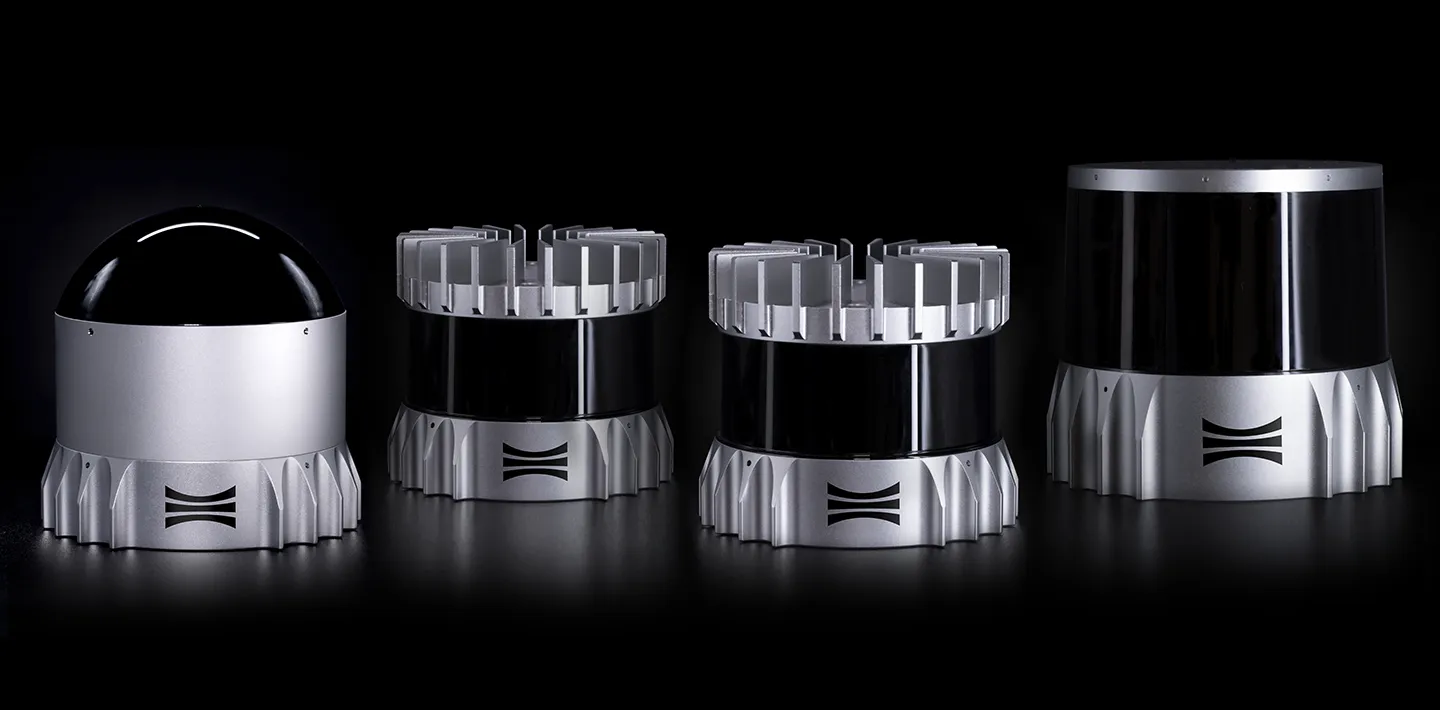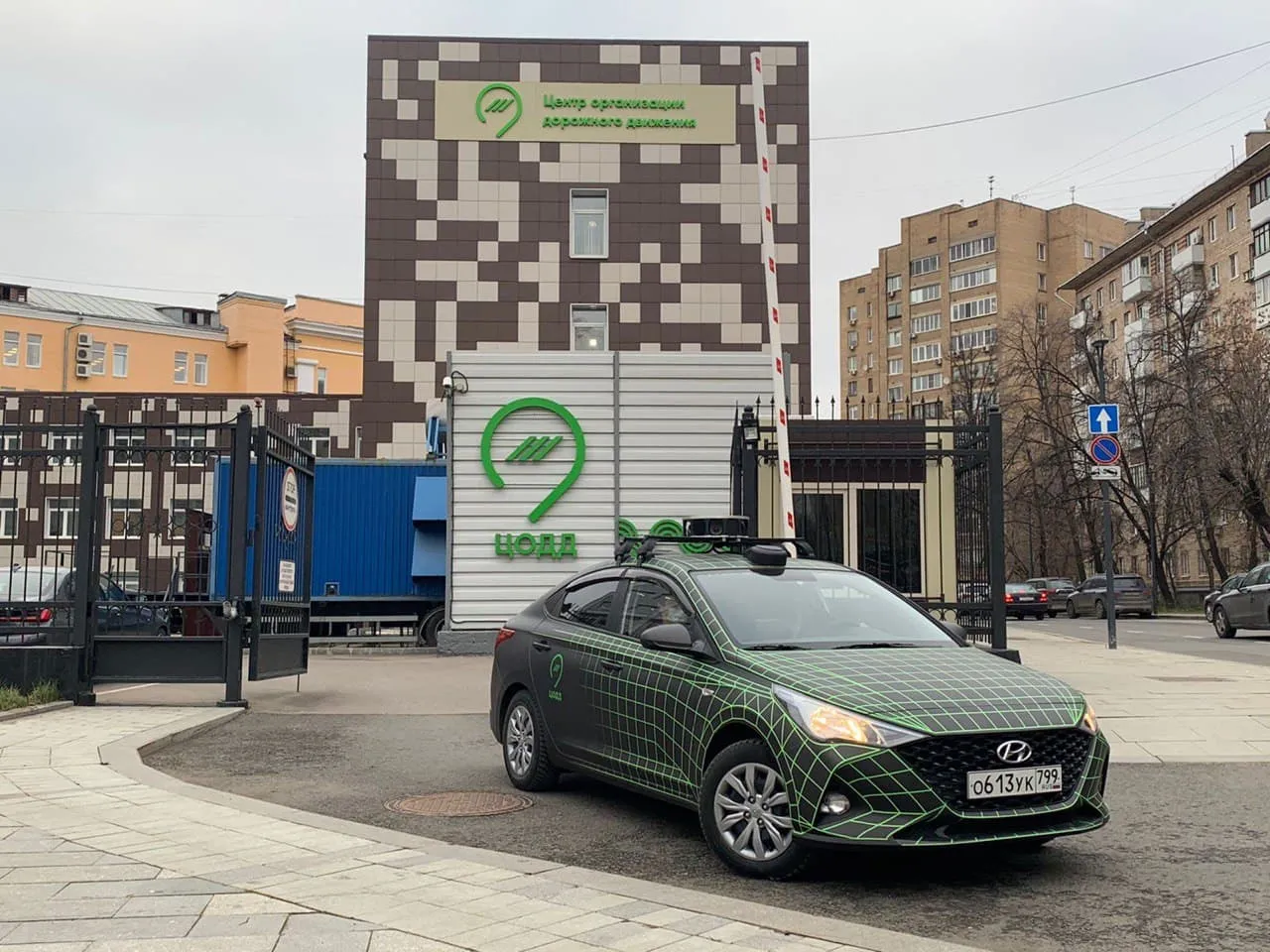
Lidar specialist Ouster says has revealed REV7, its newest OS series scanning sensors, powered by its next-generation L3 chip.
REV7 features the new OSDome sensor, as well as upgraded OS0, OS1, and OS2 sensors that Ouster says "deliver double the range, enhanced object detection, increased precision and accuracy, and greater reliability".
“The promise of digital Lidar is that year after year, with new chips like L3, our customers benefit from an ever-improving line-up of sensors that follows the exponential performance path of Moore’s Law,” said Ouster CEO Angus Pacala.
“Digital Lidar never stops improving – and doubling the range of our existing sensors while adding the OSDome is truly unprecedented, and is only possible with a digital architecture. REV7 is our biggest leap forward in performance and features yet, and positions us to serve a wider set of use-cases and win new customers in all of our target verticals.”
The L3 chip brings back-side-illumination technology to the high-performance Lidar industry for the first time, Ouster says.
It has 125 million transistors and a maximum computational power of 21.47 GMACS, making it capable of counting approximately 10 trillion photons per second and produces up to 5.2 million points per second.
The company says this means it sees "more than ever before, over longer ranges, and with greater precision for improved mapping, more accurate obstacle detection, and safer autonomous operations".









